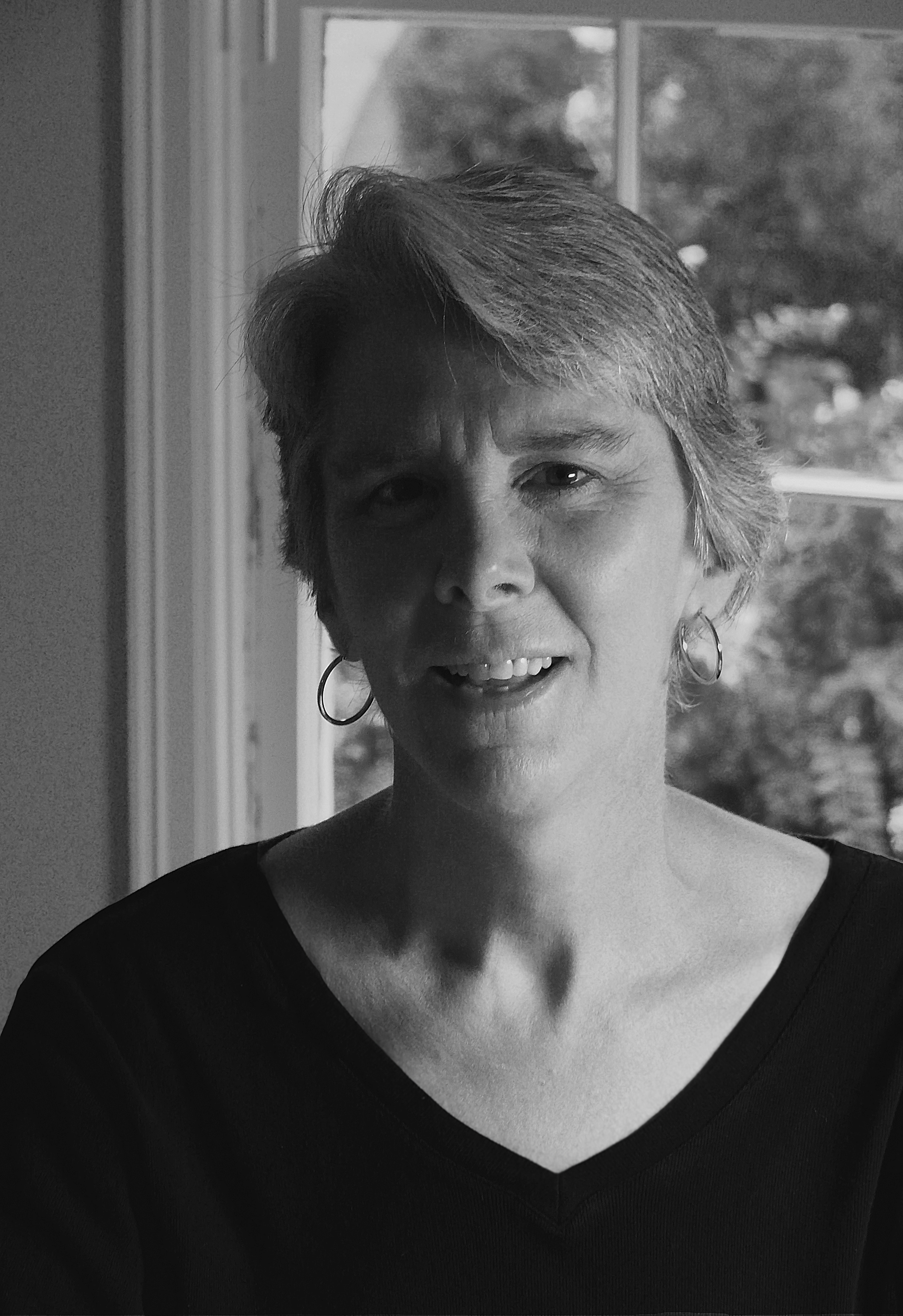P&W-supported poet Ann Lynn, author of the chapbook In the Butterfly House, published by Finishing Line Press, blogs about facilitating writing workshops with women veterans in Atlanta, GA.
In October 2005, I began a series of writing workshops with women veterans in Atlanta. The women in the group had served in war zones during the Vietnam and the Gulf Wars. One woman drove a truck and was trained to work with hazardous materials. Another worked with the wounded. Some experienced scud missile attacks. All witnessed firsthand the atrocities of war and suffered personal traumas themselves. For the participants, the workshops weren't just an exercise in learning to write better... the workshops served as a lifeline. I was blown away by what these women were writing and sharing, and realized how hungry they were for the healing power of writing.
 One of the first assignments I gave was to write about a place where they felt safe and comfortable, an exercise that could be appropriate for anyone, but especially so for people who have experienced trauma. I will never forget what one woman wrote:
One of the first assignments I gave was to write about a place where they felt safe and comfortable, an exercise that could be appropriate for anyone, but especially so for people who have experienced trauma. I will never forget what one woman wrote:
My truck is a safe place. In it there is no sound, no music, no talking, just listening to the wind as it hits my windows. My mind can be free there, and I can drive away all the tears, fears, as long as I got gas.
Another time I asked them to pick an object from a bunch I set out on the floor and describe that object with concrete and sensory details. I then told them to write about one of their parents in terms of that object. One woman wrote:
Mother is like a rock,not a mother,
except in its true instinctual self of how it became,
beginning as loose powder then pressed together,
hardened and roughed-up (tossed, turned, hurt).
I was stunned by the beauty and power of this poem. And, for the writer, it seemed as though the metaphorical language with which she'd chosen to describe her mother had somehow turned on a light in her head, as she began to talk about her life in a deeper way.
For these women, writing, sharing, and the group itself formed a safe space. The group met for three and a half years, and for me it was a life-changing experience. I wrote when they wrote, read when they read, and sometimes cried when they cried. I am so grateful that Poets & Writers believes that art is important for all people, and is willing and eager to fund programs that can make such a difference in people's lives.
Photo: Ann Lynn. Photo Credit: Roby Lynn.
Support for Readings/Workshops events in Atlanta is provided by an endowment established with generous contributions from the Poets & Writers Board of Directors and others. Additional support comes from the Friends of Poets & Writers.






 One of the first assignments I gave was to write about a place where they felt safe and comfortable, an exercise that could be appropriate for anyone, but especially so for people who have experienced trauma. I will never forget what one woman wrote:
One of the first assignments I gave was to write about a place where they felt safe and comfortable, an exercise that could be appropriate for anyone, but especially so for people who have experienced trauma. I will never forget what one woman wrote: